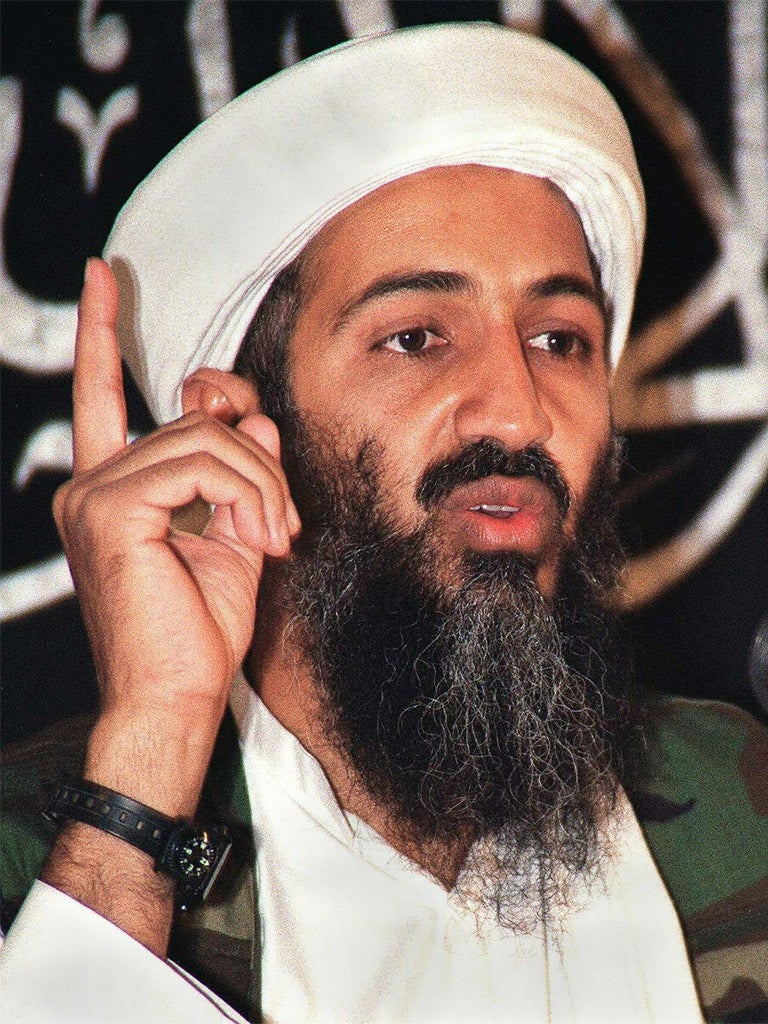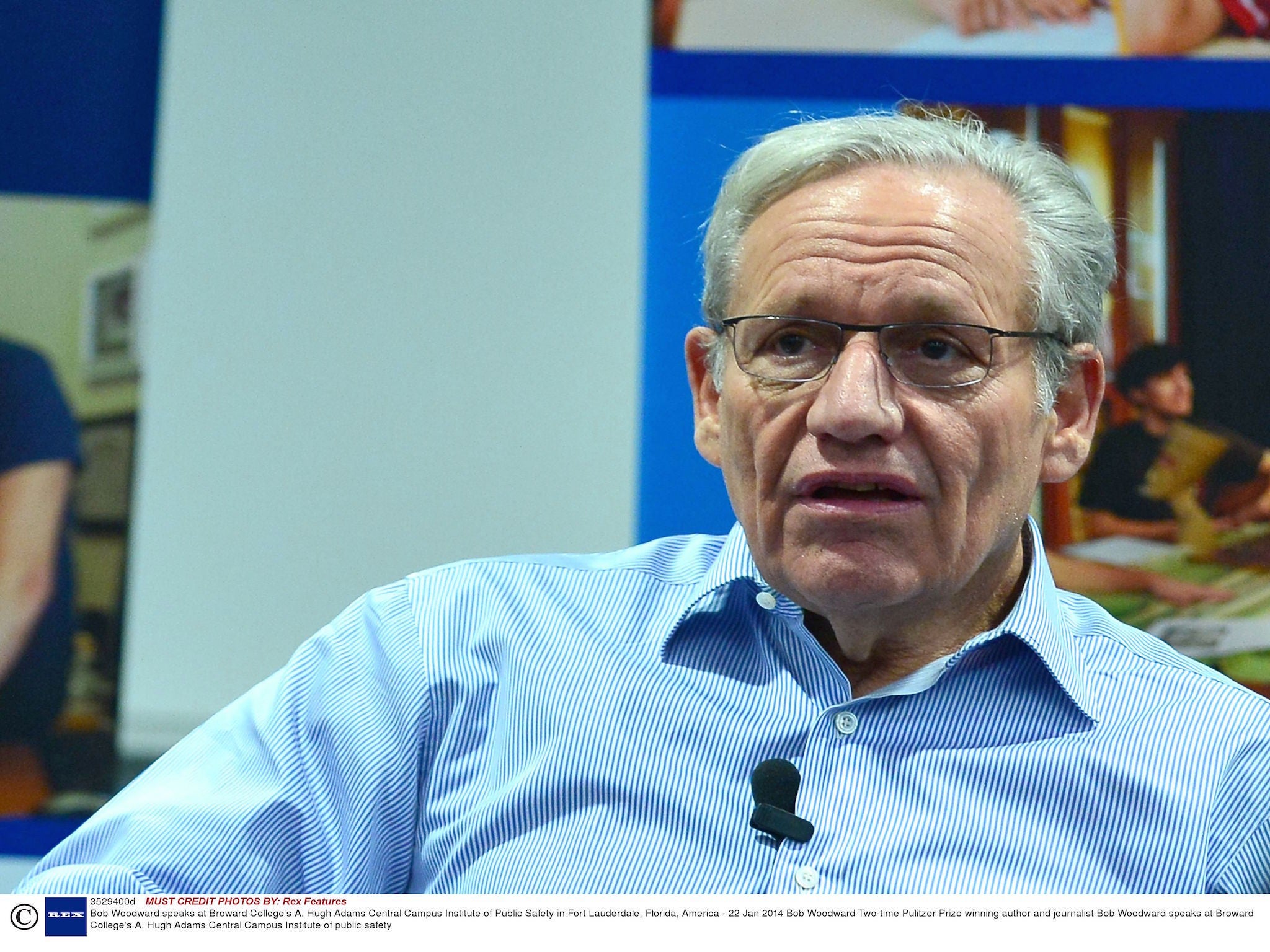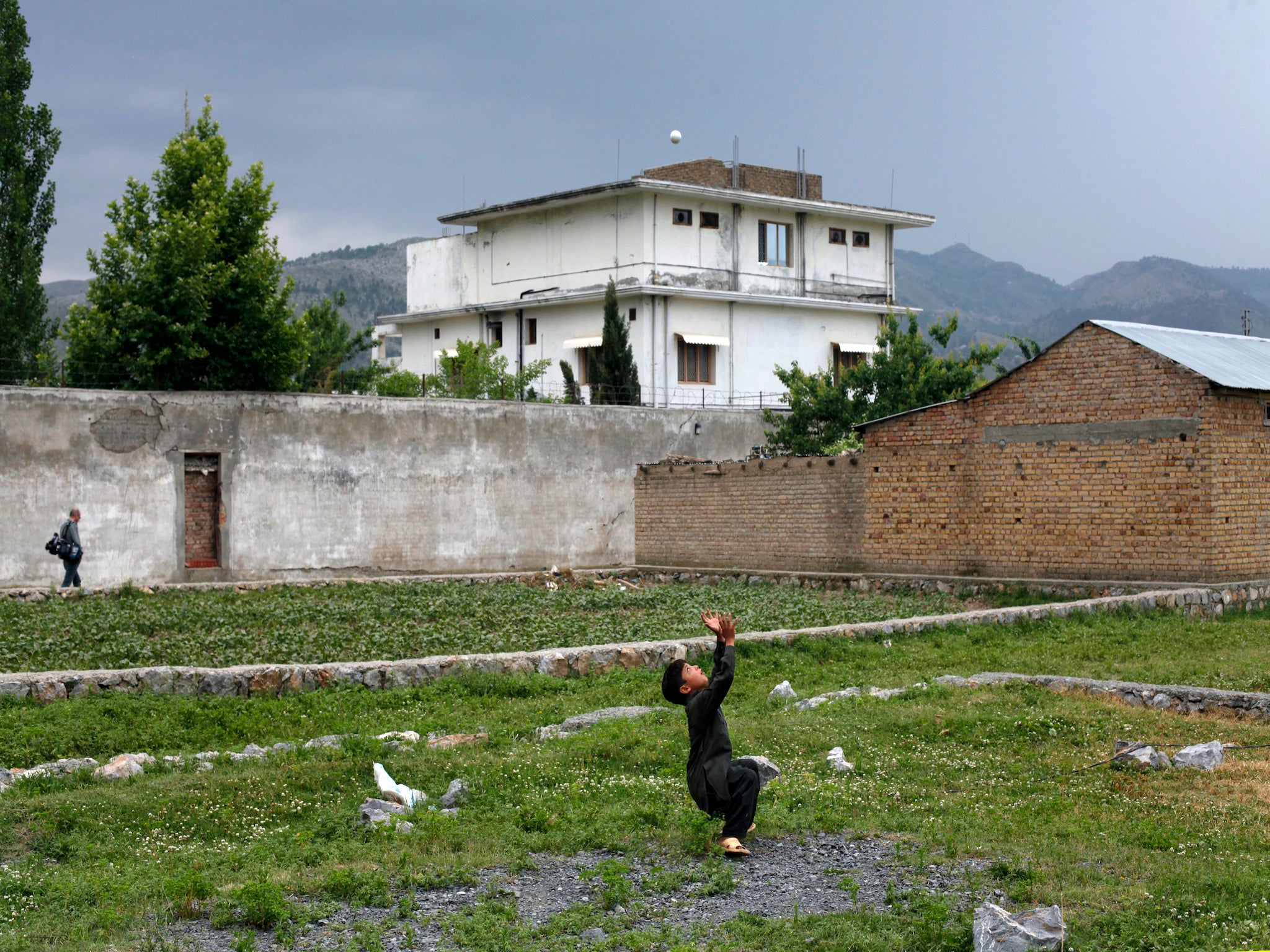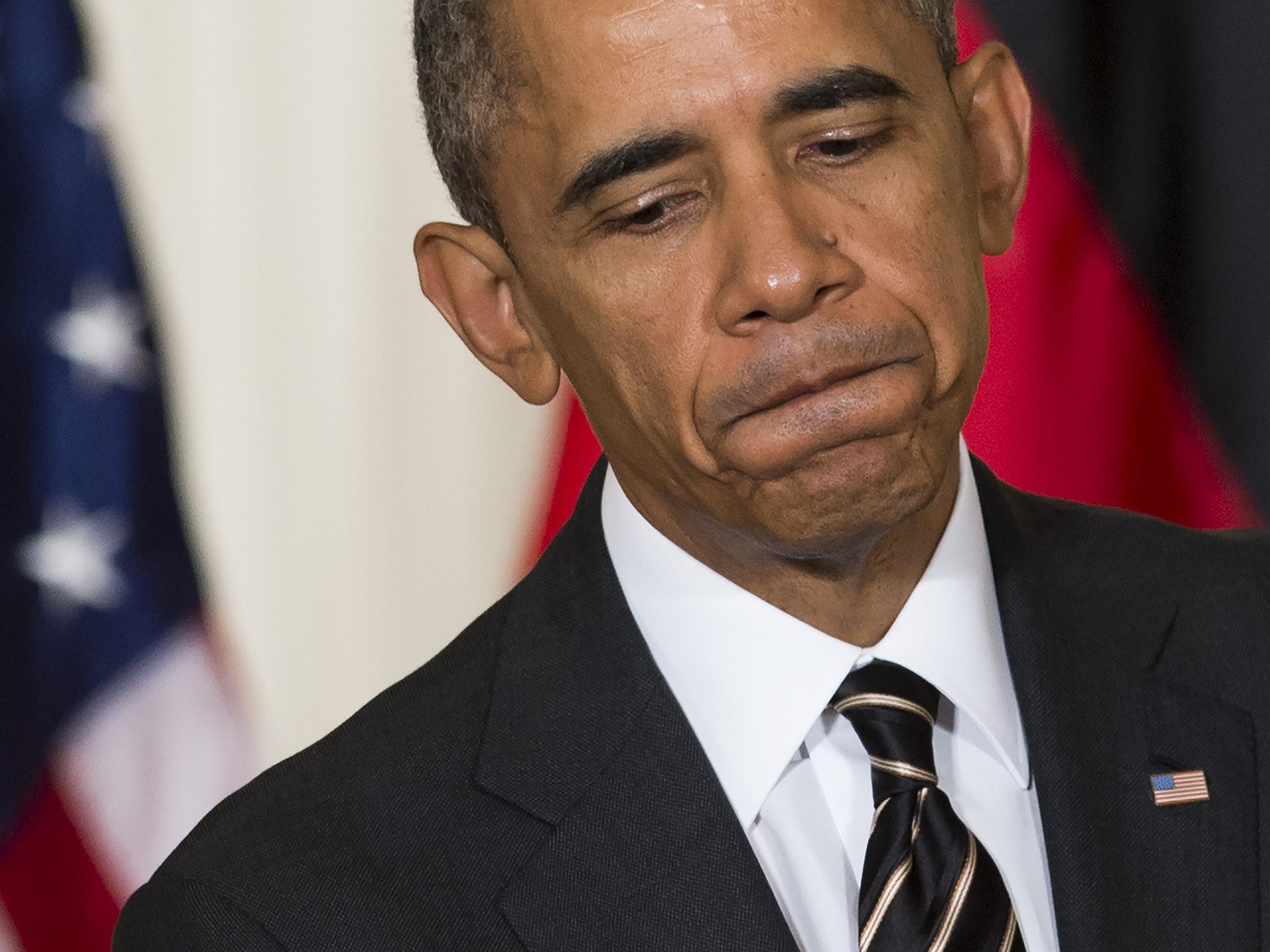Bin Laden documents released: Al-Qaeda leader was reading Noam Chomsky and 9/11 conspiracy theories inside Abbottabad compound, say US officials
US intelligence released documents it says were discovered by US special forces

Your support helps us to tell the story
From reproductive rights to climate change to Big Tech, The Independent is on the ground when the story is developing. Whether it's investigating the financials of Elon Musk's pro-Trump PAC or producing our latest documentary, 'The A Word', which shines a light on the American women fighting for reproductive rights, we know how important it is to parse out the facts from the messaging.
At such a critical moment in US history, we need reporters on the ground. Your donation allows us to keep sending journalists to speak to both sides of the story.
The Independent is trusted by Americans across the entire political spectrum. And unlike many other quality news outlets, we choose not to lock Americans out of our reporting and analysis with paywalls. We believe quality journalism should be available to everyone, paid for by those who can afford it.
Your support makes all the difference.Osama bin Laden spent his last reading the books of Bob Woodward and Noam Chomsky, conspiracy theories about the September 11 attacks and continued to plot attacks against the West, according to a “library” of documents released by the US intelligence services.
Officials in Washington released more than 100 documents they said were discovered inside the al-Qaeda leader’s compound in Abbottabad by US special forces after a raid to kill or capture him in May 2011.
The digital volumes reportedly included works by linguist and writer Noam Chomsky, former intelligence official and antiwar activist Michael Scheuer, conspiracy texts about the September 11 attacks that Bin Laden himself had plotted and a work by Bob Woodward.

The release of the newly-declassified documents comes as the US is engaged in a dispute over the circumstances in which the al-Qaeda leader was found and killed. The US has always insisted it tracked down the 54-year-old by means of first finding his trusted couriers, who then unknowingly led them to the compound.
However, a number of commentators have raised questions about such a narrative, suggesting instead that senior figures within the Pakistani military were holding him for leverage. Most recently the veteran investigative journalist Seyour Hersh claimed the White House had repeatedly mislead the US public over the details of the Bin Laden operation.
Mr Hersh told The Independent the US government was continuing to mislead people and was getting entrapped by its own twists. "When you change course in midstream, you walk all over yourself," he said.
The documents purportedly found in the property also quoted Bin Laden as saying his militants should focus their attacks on America and American targets.
“The focus should be on killing and fighting the American people and their representatives,” Bin Laden apparently wrote in one of the newly revealed documents.

He wrote one letter to militants in North Africa and told them to stop “insisting on the formation of an Islamic State” and rather to attack US embassies and American oil companies.
Bin Laden also told al-Qaeda in the Arabian Peninsula – the Yemeni affiliate of the group – to halt attacks on domestic targets and start launching attacks on American interests.
It is not clear whether bin Laden's warnings against Isis never reached the militants or if they simply were ignored, but al-Qaeda has continued to carry out attacks on local targets.
The Office of the Director of National Intelligence said in a statement that the release of the documents followed a review by US government agencies and “aligns with the president’s call for increased transparency consistent with national security prerogatives”.
One of the documents, translated by intelligence officials, is said to begin begins with questions that similar to a conventional job application, the Associated Press reported.

“Do you have hobbies? Have you been convicted of a crime,” it says. “What objectives would you like to accomplish on your jihad path?”
It then asks: “Do you wish to execute a suicide operation,” and adds: “Who should we contact in case you become a martyr?”
Some commentators believe he US has acted inconsistently with the release of documents and evidence relating to the Bin Laden raid. Wednesday’s release was the second; 17 documents from the compound were previously made public in May 2012, one year after the Navy SEAL raid.
But a lot of information remains classified, or may even have been destroyed. The Associated Press, among other media organisations, have lobbied the government to release more documents, including the details of Bin Laden’s funeral, which the White House said was carried out at sea on a US naval vessel immediately after he was shot and killed.

Last yeast it was revealed that eleven days after the killing, the US military’s top special operations officer ordered subordinates to destroy any photographs of the Bin Laden’s corpse or turn them over to the CIA.
The message was sent by Admiral William McRaven, who heads the US Special Operations Command, 10 days after the AP asked for the photos and other documents under the US Freedom of Information Act. The White House said Bin Laden’s body was buried at sea on board the the US Navy’s carrier USS Carl Vinson .
The documents said to have been found in Pakistan also suggested that Bin Laden was a man who doted upon up his many sons and daughters, and was a much-loved and admired father.
The documents also present Bin Laden as a meticulous editor, and some of the memos he wrote were revised as many as 50 times.
The new documents show how Bin Laden reacted to the events of the Arab Spring, which was rocking the Middle East in the months before his death.
He wrote lengthy memos analysing what was happening, pointing to the "new factor” of the so-called information technology revolution. He said this had helped spur the revolutions and characterised them as “the most important events in the Muslim world in centuries”.
Join our commenting forum
Join thought-provoking conversations, follow other Independent readers and see their replies
Comments